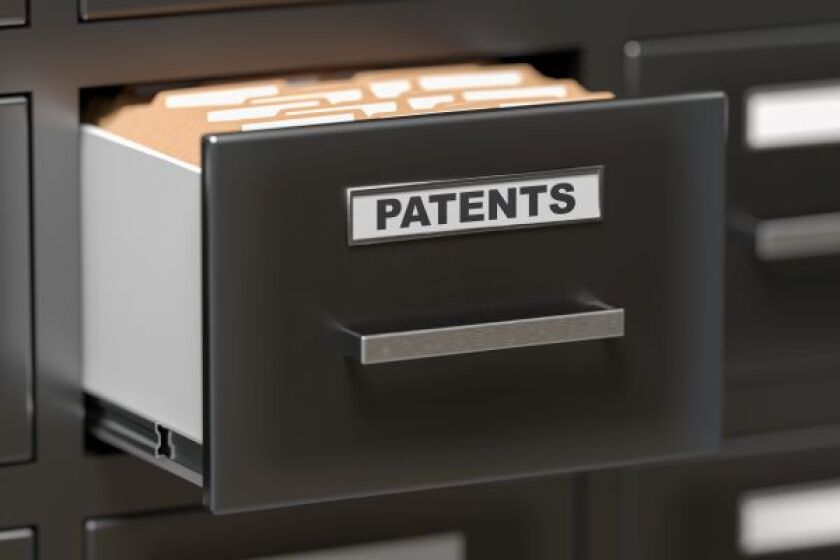The Biden administration dropped the bombshell last Wednesday, May 5, that it was supporting a waiver of all intellectual property rights, including patents, to COVID-19 vaccines. Just a day later, the Brazil Supreme Court removed the guarantee of a 10-year minimum term for successful pharmaceutical patent applicants.
It goes without saying, therefore, that it’s been a tough week for IP – and patents in particular – not just in the Americas but more generally too. Public understanding of the need for IP can be shaky at the best of times, but it’s really been put to the test in the past few days.
Related stories:
Let’s start with the Biden decision, which has made front-page news globally. The administration announced via its trade representative Katherine Tai that it backed a waiver proposal being discussed at the World Trade Organization (WTO).
Many commentators and armchair IP experts have since weighed in, often conflating the distinct issues of supply chains and production capabilities on one hand with IP and patents on the other.
By doing so, they conveniently support the anti-IP narrative and fail to recognise why IP exists in the first place – to incentivise the kinds of life-saving research that vaccine makers and other drugs companies undertake.
What’s more, many commentators haven’t really considered (or been aware) that trade secrets are just as relevant to the issue as patents are. Nor has anyone really asked how, from a practical perspective, companies would even be forced to hand over their confidential information if they were told to.
In the heat of a pandemic, facts and practicalities can be easily forgotten.
What’s concerning about the Biden decision is that it buys into and perpetuates the anti-IP rhetoric, even if inadvertently. Biden seems like a wholly reasonable politician, and I’m sure he’s trying to do the best for the global population. But clearly he has been misinformed or is just mistaken that the solution to vaccine shortages is to waive IP rights.
Perhaps his decision is just a consequence of whomever happens to have his ear.
It would seem the US pharma industry doesn’t fall into this category right now, and those within it will be concerned that it has lost some of the large influence that many presumed it had (not to mention the good faith it has accumulated during the pandemic response).
This is important in the context of any future drugs or patents-based legislation. OK, you could argue that the waiver is merely a temporary fix during an exceptional time of our lives, but you could just as easily say it sets a worrying precedent that IP and pharma concerns are not important – that they can be easily done away with. Just hours after Tai’s announcement, Representative Alexandria Ocasio-Cortez tweeted, “Let’s do insulin next”.
Other patent-heavy industries may be just as worried; if pharma is vulnerable, what about them?
Then there is the Brazil decision, which means patents held up by long waiting times at the country’s IP office could have their terms significantly cut. The Supreme Court will come together again this Wednesday, May 12, to decide whether the ruling should have retroactive effect.
Brazil already has a notoriously long backlog of patent applications (although it’s getting better), and the decision is likely to add to pharma companies’ worries over IP protection. It hardly sends a message that pharma innovation is critical, particularly during a pandemic.
Pharma innovators in Brazil will be watching with bated breath to see how the justices rule this week. Many could see their patent portfolios hugely devalued if the judges find that the ruling has retroactive effect and previously granted patent rights can be reduced in term.
At least they will take some comfort from the fact that Brazil, unlike the US, opposes the COVID IP waiver.
Crucially, Germany is also in opposition. Chancellor Merkel’s triumphant backing of IP and her slap-down of Biden’s move will bring some relief to the IP community, who need respected international leaders on their side in these testing times. Merkel will be seen as the jewel in the crown as WTO discussions around the waiver continue.
Although these talks could last for weeks, if not months – and even though they could be largely symbolic rather than anything more concrete – IP stakeholders will hope discussions stay behind closed doors before being firmly ushered out the exit.
If not, they are going to have a serious battle on their hands.











